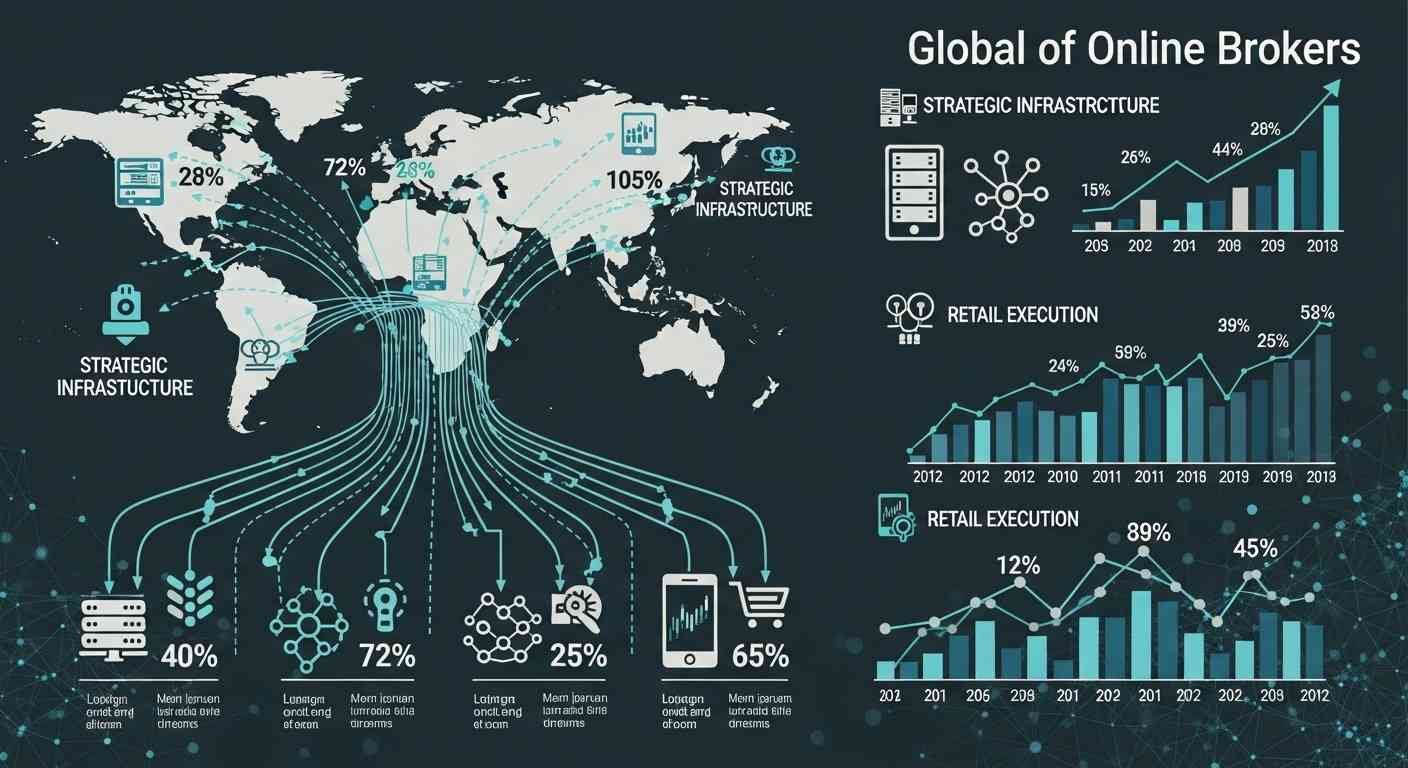The rise of cryptocurrency has transformed online gambling, introducing platforms like crypto casinos no KYC that promise anonymity and ease of access. But a critical question looms for players: Are these platforms legal? This article dives into the legal landscape of crypto casinos no KYC, exploring their appeal, regulatory challenges, risks, and what players need to know to stay safe and compliant. By understanding the legal nuances, you can make informed decisions about engaging with these platforms.
What Are Crypto Casinos No KYC?
Crypto casinos no KYC are online gambling platforms that allow users to play without submitting personal identification documents, such as passports or utility bills, typically required under Know Your Customer (KYC) regulations. These casinos leverage cryptocurrencies like Bitcoin, Ethereum, or stablecoins for transactions, offering fast deposits and withdrawals with a focus on user privacy. The absence of KYC requirements attracts players who value anonymity, but it also raises questions about legality and safety.
Traditional online casinos often require extensive verification to comply with anti-money laundering (AML) and counter-terrorism financing (CTF) laws. In contrast, crypto casinos no KYC bypass these steps, appealing to users in regions with restrictive gambling laws or those wary of sharing personal data. However, this convenience comes with legal and ethical considerations.
The Legal Status of Crypto Casinos No KYC
The legality of crypto casinos no KYC varies significantly by jurisdiction, as gambling and cryptocurrency regulations differ worldwide. Below, we break down the key factors influencing their legal status:
1. Jurisdictional Differences
Gambling laws are determined by individual countries or regions, and crypto casinos no KYC operate in a complex legal gray area:
-
Unregulated Markets: In countries with little to no regulation of online gambling or cryptocurrency, such as certain Caribbean nations, these casinos may operate without legal barriers. However, this lack of oversight can expose players to risks like fraud or unfair practices.
-
Regulated Markets: In jurisdictions like the United States, United Kingdom, or European Union, gambling is heavily regulated. KYC and AML compliance are mandatory for licensed operators. Crypto casinos no KYC often operate offshore to avoid these regulations, which can make their legality questionable for players in these regions.
-
Banned Jurisdictions: Some countries, like China or India, have strict bans on online gambling or cryptocurrency use. Engaging with crypto casinos no KYC in these areas could violate local laws, exposing players to legal consequences.
2. Licensing and Regulation
Reputable online casinos typically hold licenses from authorities like the Malta Gaming Authority (MGA), UK Gambling Commission (UKGC), or Curacao eGaming. These licenses require strict adherence to KYC and AML protocols. Many crypto casinos no KYC operate under Curacao licenses, which are less stringent, or lack licenses entirely. Unlicensed platforms pose higher risks, as they may not follow fair gaming practices or protect player funds.
Players should verify a casino’s licensing status before participating. A licensed casino, even one offering no KYC, is more likely to operate within legal boundaries and provide recourse in disputes.
3. Cryptocurrency Regulations
Cryptocurrencies add another layer of complexity. In countries where crypto is legal, such as Canada or Australia, using crypto for gambling may be permissible if the platform complies with local laws. However, in regions where cryptocurrency is restricted or banned, participating in crypto casinos no KYC could be illegal, regardless of the platform’s licensing.
4. Player Responsibility
Ultimately, the legality of playing at crypto casinos no KYC often falls on the player. In many jurisdictions, gambling on unlicensed or offshore platforms is not explicitly illegal for individuals, but it carries risks. Players may face issues like tax reporting obligations, frozen funds, or lack of legal protection in disputes.
Benefits of Crypto Casinos No KYC
Despite legal uncertainties, these platforms attract players for several reasons:
-
Anonymity: No KYC means players can gamble without sharing personal information, appealing to privacy-conscious users.
-
Accessibility: These casinos often accept players from regions where traditional gambling is restricted.
-
Fast Transactions: Cryptocurrency enables quick deposits and withdrawals, often processed within minutes.
-
Lower Fees: Blockchain transactions typically have lower fees than traditional banking methods.
Risks and Challenges
While the benefits are compelling, the risks are significant:
-
Legal Risks: Playing on unlicensed platforms or in jurisdictions where gambling is prohibited could lead to fines or legal action.
-
Security Concerns: Without KYC, casinos may lack robust measures to prevent fraud or money laundering, increasing the risk of scams.
-
Lack of Recourse: Unlicensed casinos may not offer dispute resolution, leaving players vulnerable to unfair practices.
-
Tax Implications: In many countries, gambling winnings are taxable. Using anonymous platforms complicates tax reporting and could attract scrutiny from authorities.
How to Stay Safe and Compliant
To navigate the world of crypto casinos no KYC safely, consider these steps:
-
Research the Casino’s License: Opt for platforms licensed by reputable authorities, even if they offer no KYC. Check for transparency in terms and conditions.
-
Understand Local Laws: Research your country’s gambling and cryptocurrency regulations to ensure compliance.
-
Use Secure Wallets: Protect your cryptocurrency with secure wallets and avoid sharing private keys.
-
Verify Fairness: Look for casinos that use provably fair algorithms, allowing players to verify game outcomes.
-
Start Small: Test the platform with small deposits to assess reliability before committing larger amounts.
-
Consult Tax Professionals: Understand your tax obligations for gambling winnings to avoid legal issues.
Case Studies: Legal Outcomes
-
United States: In 2023, a player in New York faced penalties for using an unlicensed offshore crypto casino, highlighting the importance of understanding state-specific laws.
-
European Union: The EU’s strict AML directives have led to crackdowns on unlicensed crypto casinos, pushing players toward regulated platforms.
-
Curacao: Many crypto casinos no KYC operate under Curacao licenses, which offer flexibility but less oversight, creating a mixed bag for player safety.
The Future of Crypto Casinos No KYC
As cryptocurrency adoption grows, regulators are catching up. Some jurisdictions are exploring ways to integrate crypto into regulated gambling frameworks, potentially requiring KYC for all platforms. Blockchain technology could also enable “decentralized” casinos with transparent operations, reducing reliance on traditional licensing.
However, increased regulation may reduce the appeal of no KYC platforms, as anonymity could be harder to maintain. Players should stay informed about evolving laws to avoid future legal pitfalls.
Conclusion
The legality of crypto casinos no KYC depends on where you live, the platform’s licensing, and local cryptocurrency regulations. While these casinos offer anonymity and convenience, they come with legal and security risks that players must weigh carefully. By researching platforms, understanding local laws, and prioritizing safety, you can enjoy the benefits of these casinos while minimizing potential downsides. Always prioritize licensed operators and stay informed about regulatory changes to gamble responsibly in the crypto space.



